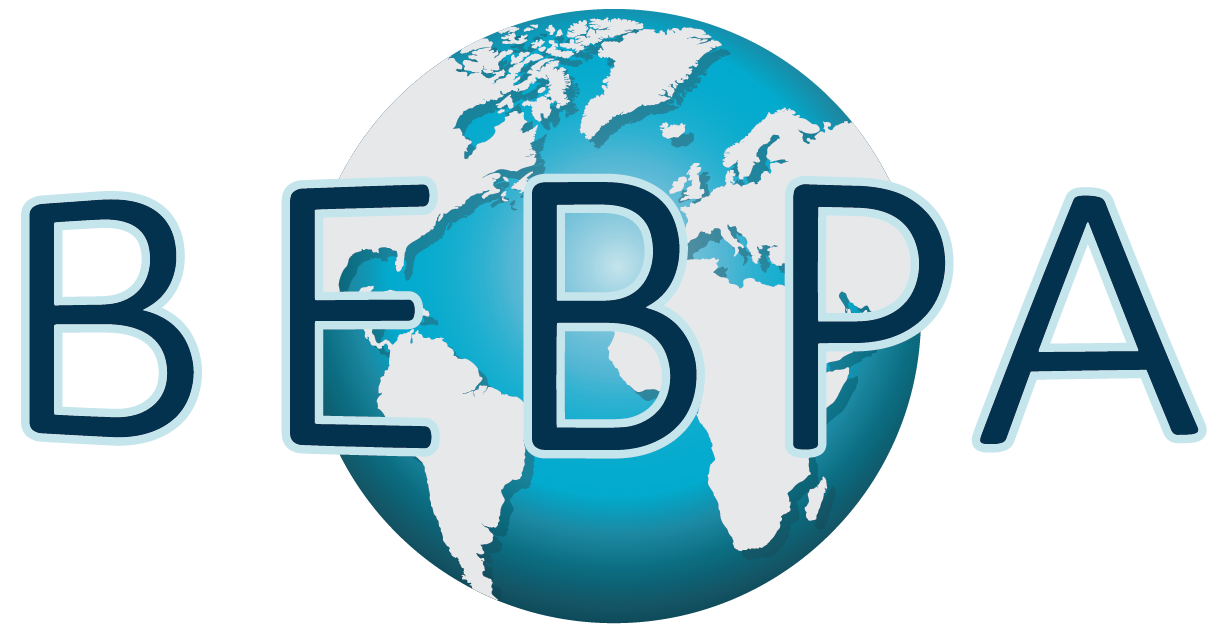BEBPA Blog
Tech Briefing: Potency Assays for Biosimilar Products
When the concept of “generic biotech products” (Biosimilars) was first introduced in the early 2000’s, many innovator companies confidently stated that it would never happen. Their rationale? Biopharma products were inherently too complex and the manufacturing process too critical for a generic version to really be sufficiently similar to the innovator product. Oddly enough, I remember the same people attending the WCBP (Well-Characterized Biotech Products) conference in Washington DC claiming the products were so well characterized they could be regulated similar to drug products. That is to say, the product was not the process, but instead, the product is a well-defined molecule and therefore, manufacturing changes could be made without requiring new clinical trials.
Now, nearly two decades later, there are over 40 biosimilar products approved by the FDA and over 70 by European regulators. Innovator products with approved biosimilar products include: Actemra, Avastin, Enbrel, Epogen, Herceptin, Humira, Lantus, Lucentis, Neulasta, Neupogen, Remicade, Rituxan, Stelara, Tysabri. Innovator companies, who boo-hooed biosimilars, have jumped into the game and are now producing their own biosimilar products. The most recent example was the approval of Amgen’s Wezlana on October 31, 2023.
There is quite a bit of discussion and movement in the clinical trial requirements for obtaining a biosimilar approval. However, what has not altered in the last 20 years is the emphasis on the requirement for a detailed analytical characterization of the innovator vs. biosimilar product. Typical analyses include: intact protein analysis via various chromatography methods, mass peptide mapping, glycoform characterizations as well as various biological potency assays. Biological potency assays include both binding assays and functional assays.
There are some generic binding assays for types of monoclonal antibody (mAb) products which depend solely on the class of antibody such as FcRn and FcγRIa binding assays. However, there are also product specific binding assays selected based upon the binding characteristics of the product. For example, a biosimilar product for Avastin, an anti-VEGF biosimilar, clearly needs to characterize its binding capability for VEGF. Functional assays differ from product to product and depend directly on the Mechanism of Action (MoA) of the product. Functional assays may be cell proliferation assays, FACs analysis, upregulation of cytokines, and many more.
At the upcoming BEBPA US Bioassay Conference on March 11-13 in Long Beach, CA, we are exploring biosimilar-functional bioassays from two perspectives, that of a regulator and that of an industry bioassay scientist. These talks include:
Insights into Bioassays for Biosimilar Products (working title)
by an invited FDA Invited Speaker
Impact of Product Variants on Product Functional Activity and Stability in the Content of Biosimilars
Ravish Patel, Senior Manager, Sun Pharmaceuticals
Additionally, there are many other talks which address common technical hurdles which impact biosimilar products. Including talks about:
- Developing robust assays which can be easily transferred from lab-to-lab
- Developing high-throughput potency assays
- Establishing in-house reference material and linking it to working standards
- Bridging reference lots with potency assays
There are many other talks on related topics. See our ever-evolving meeting agenda HERE.
The BEBPA conference is highly interactive, filled with practical advice and tidbits which can save you months of development time. It is also an extremely popular conference with limited space, so don’t wait. Sign up today while space is still available.
